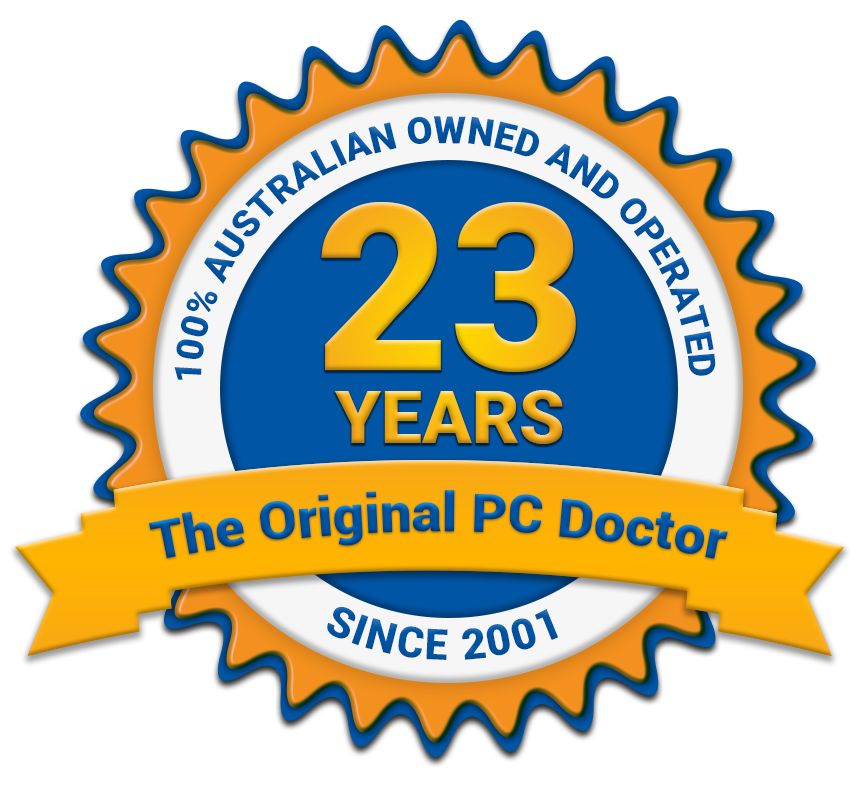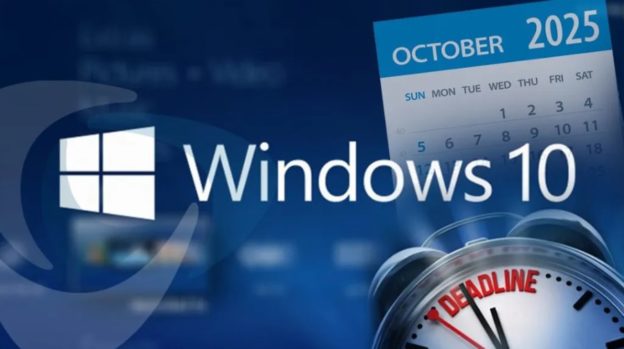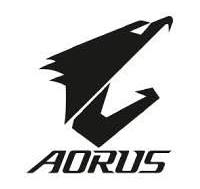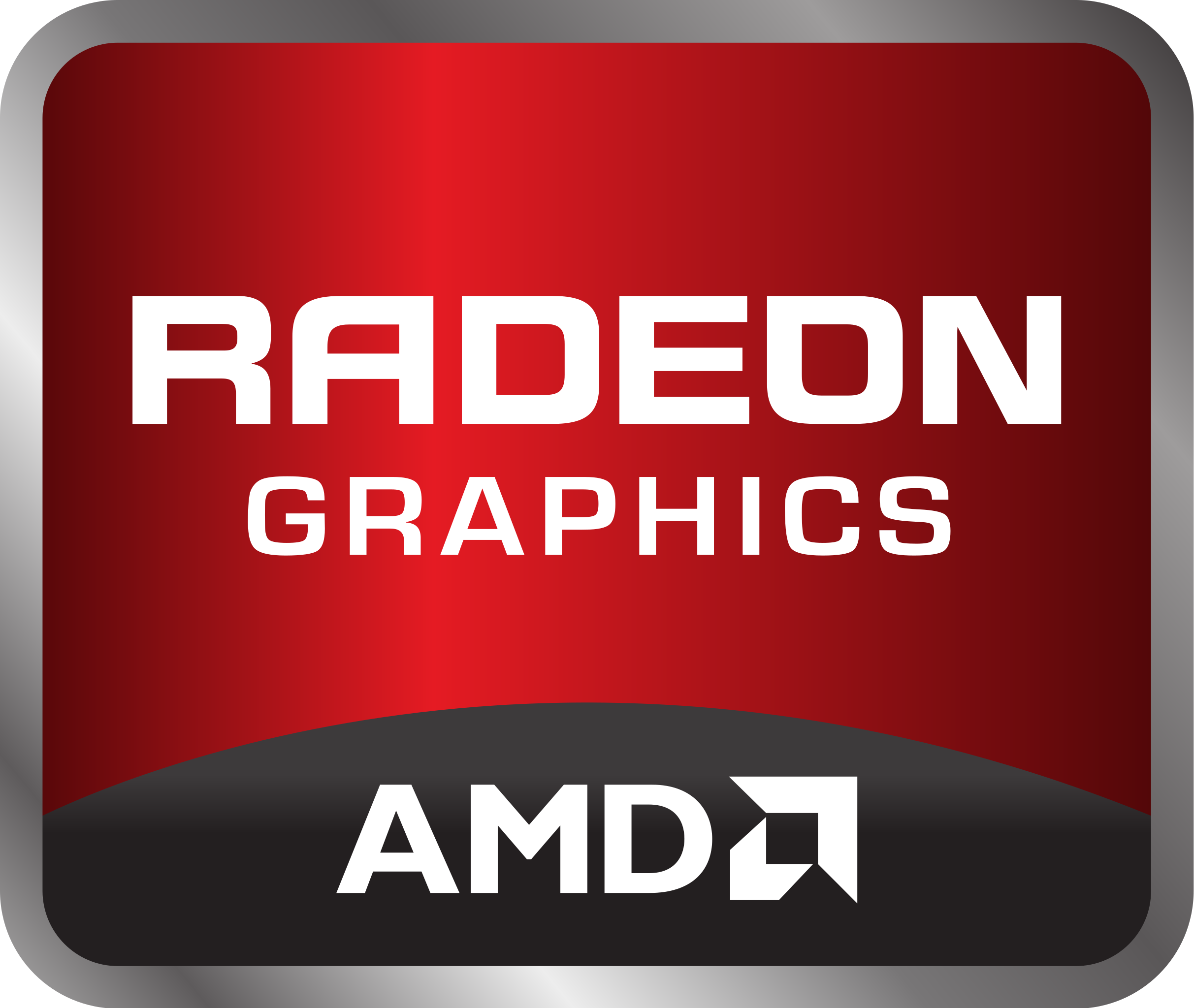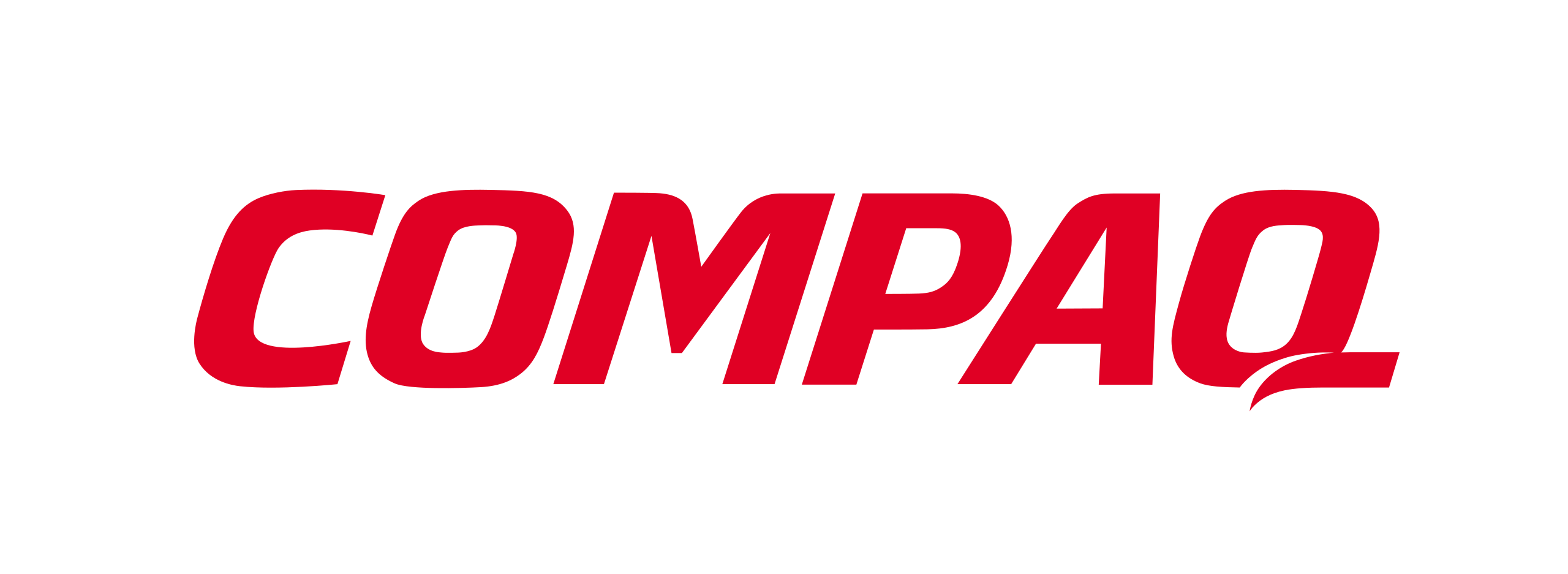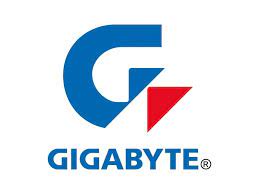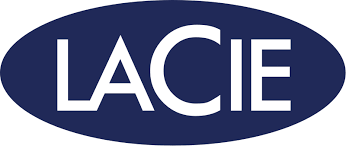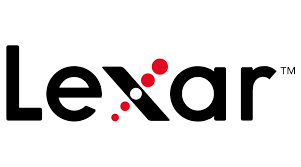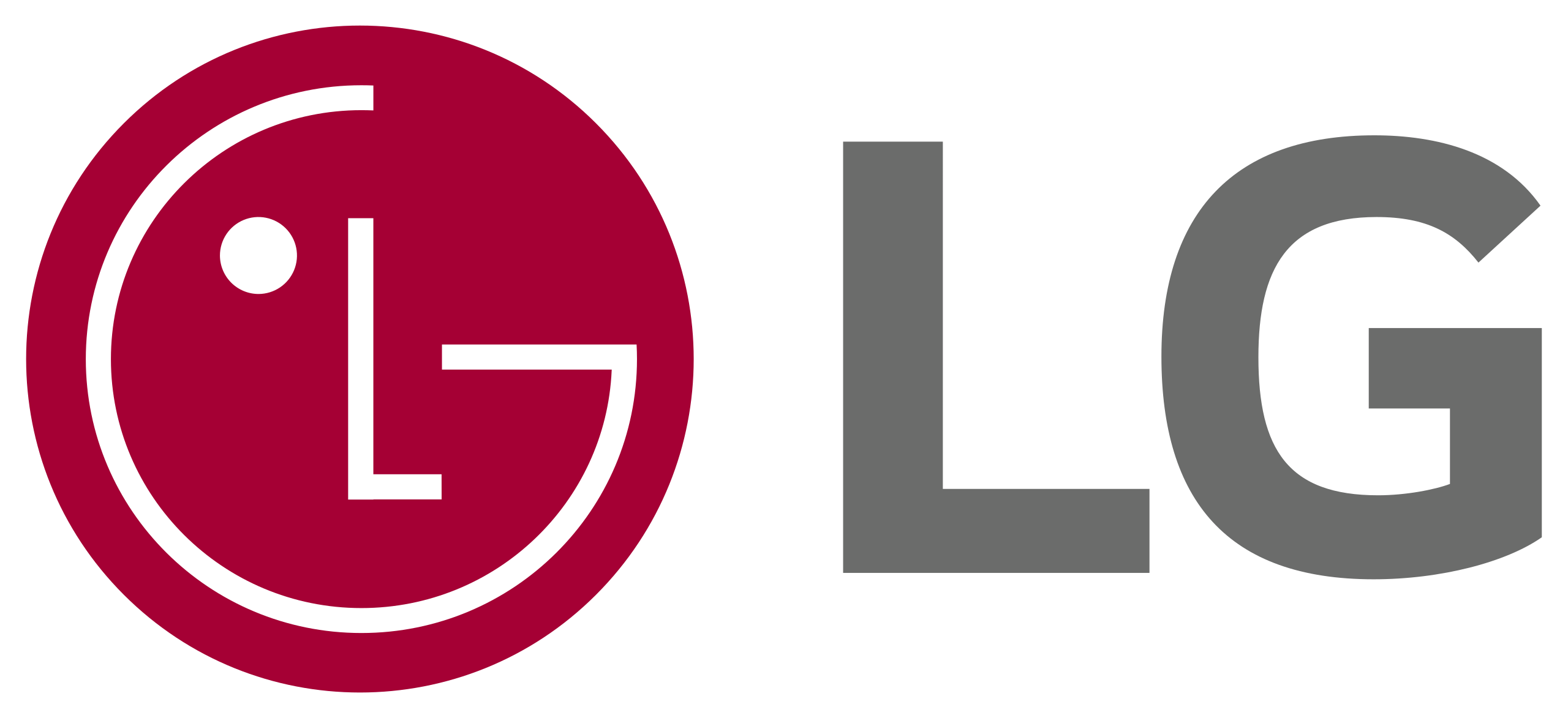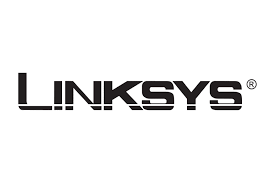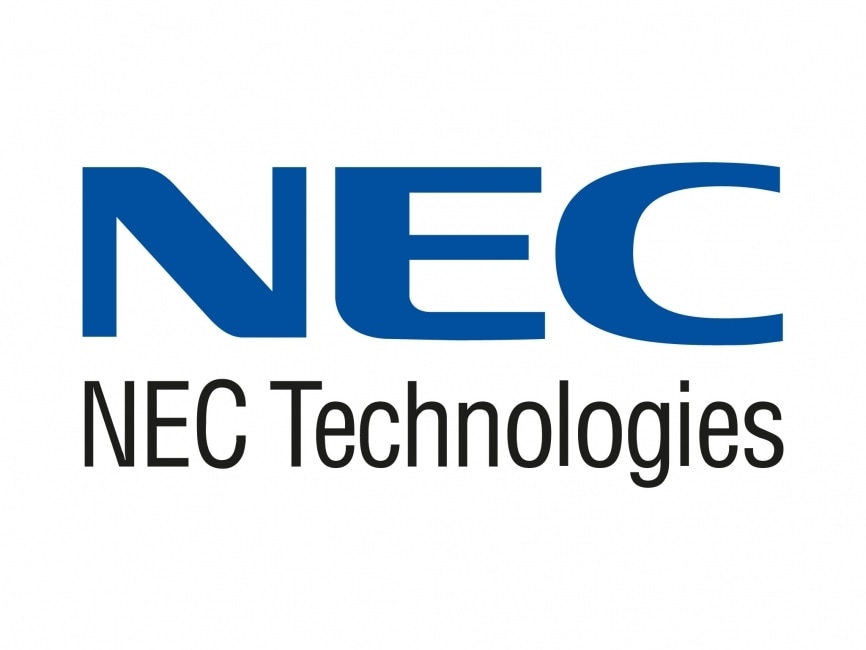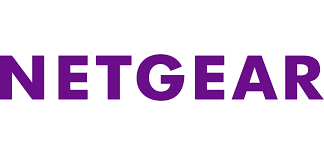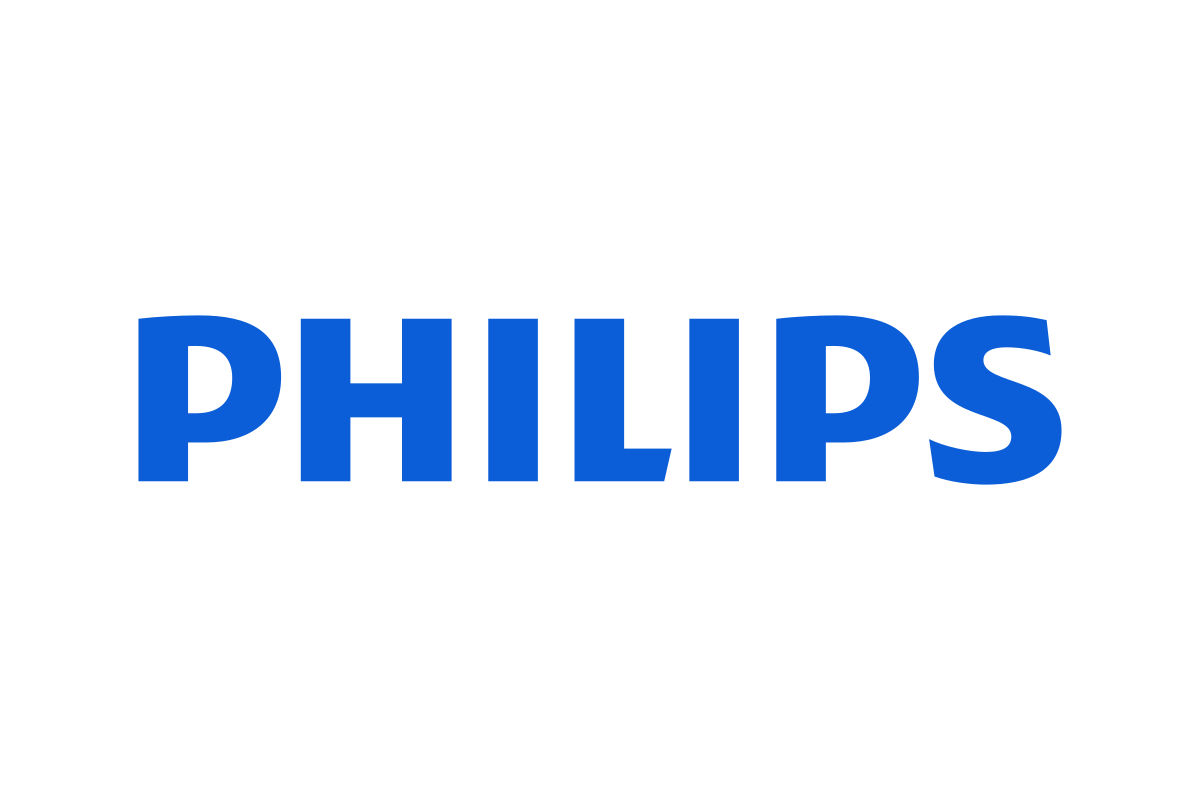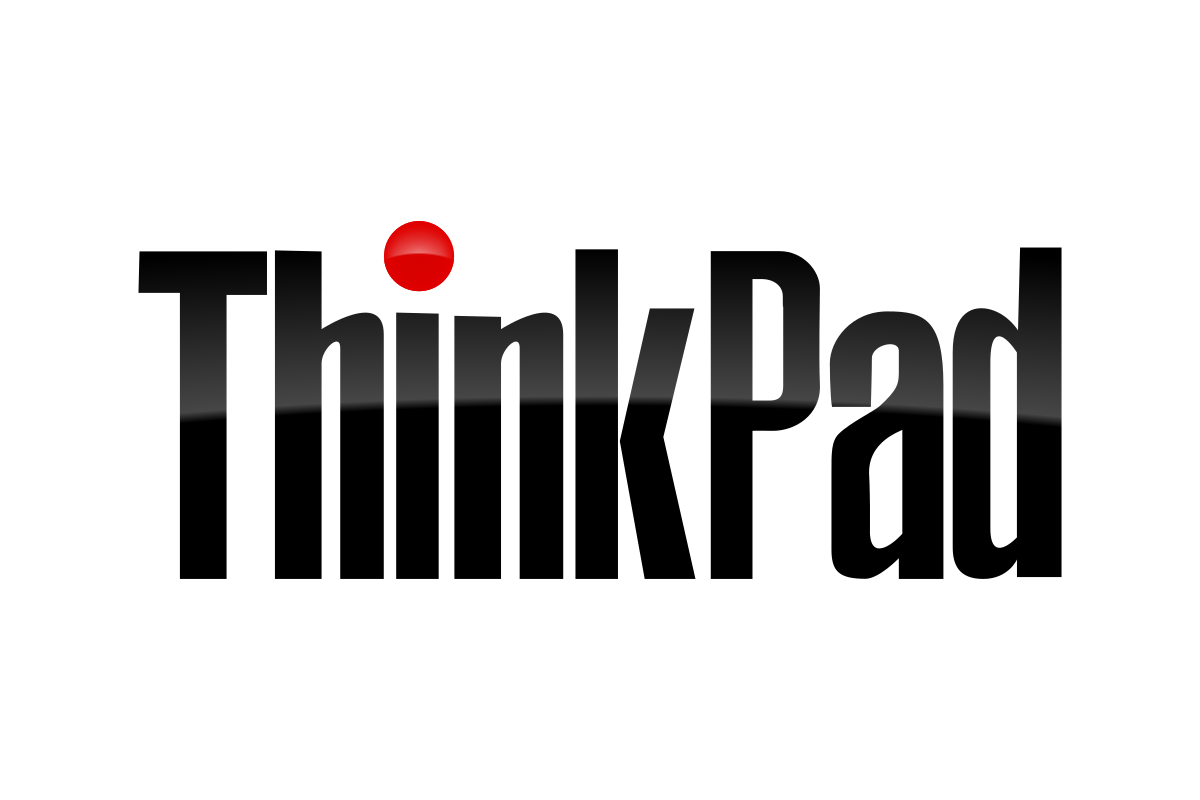The Quantum Computing Revolution
The computing industry plays many important roles today, as we rely on computers for various tasks. Ever since the creation of quantum computing in the 1950s, this has remained one of the biggest revolutions that we have seen in the industry.
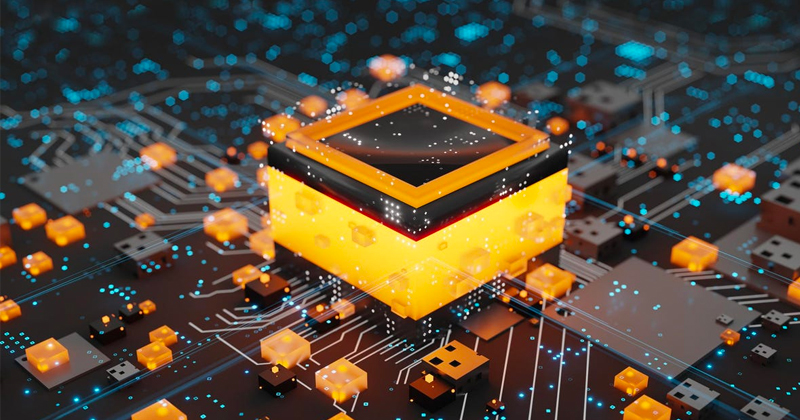
The Quantum Computing Revolution. Image source by Forbes
In the modern day, experts are working hard to simplify the process of quantum computing, with Google and Q-CTRL being some of the most notable names. Let’s take a closer look at how companies are revolutionising quantum computing even further.
What Is Quantum Computing?
We should first consider what quantum computing really is. The first abstract quantum computing system was created in 1959, by Richard Feynman. At the time, Richard Feynman described the use of quantum physics as a solution to creating circuitry that would be denser and more powerful, with the use of matter that is scaled to a quantum size.
The theories that Feynman discussed in 1959 started to advance during the 1980s.
Quantum computing describes the design and setup of computers that are significantly more capable than the standard computers and laptops we have access to today. The idea is to use computing technology at a quantum scale, which means more power can be packed into hardware with a similar size compared to the modern-day computer.
In quantum computing, the standard bits of classic computers are no longer used. Standard computers rely on bits to produce a 0 or a 1. The processes that use these bits are only able to see the outcome on one side, which brings about several limitations. Quantum computing uses Qubits, which allows these computers to see a broader picture of all possibilities that can happen based on the input that it was given.
Quantum computing uses various types of behaviors that are strongly related to quantum physics. This is where the power of quantum computing comes in. The use of superposition, quantum interference, and entanglement allows these computers to use different concepts and processes compared to what a standard computer is capable of.
The Current Obstacles Faced With Quantum Computing
There have been many advancements in quantum computing, but researchers and scientists are still facing some obstacles. Many of these obstacles have been present since the initial theories of quantum computing were discussed.
The error rate that quantum computing produces is a critical factor that has set the use of these devices back for many years. Quantum computing does not focus on certainty, as we see with the modern-day computer. Instead, this type of computing technology rather uses uncertainty when processing data – and that results in many errors when programs are run using a quantum computer.
Errors make it more difficult to use the data presented by quantum computing, especially when accuracy is crucial.
Another major issue that researchers have faced with quantum computing is the constant need to manually calibrate the hardware that forms part of these machines. Apart from calibration, fine-tuning and configuration also take up a significant amount of time. This makes the researcher less productive, as they have to spend a lot of time and effort on ensuring the machine remains properly configured. It’s also something that brings down productivity and causes delays for the entire team involved with a research project.
The researchers have to consider facts like the type of quantum computer they are using, the optimal calibration, and how different configurations will affect the outcome of the programs they run on the device.
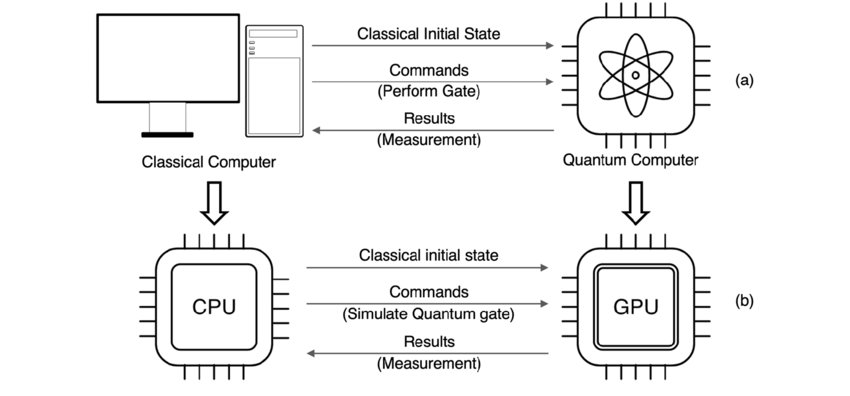
The comparsion of Classical and Quantom computing setup. Image source: Research Gate
The Leaders in Quantum Computing
Even though there are still some obstacles that researchers face with quantum computing, certain companies are leading the way in terms of eliminating these challenges and improving the efficiency of these technologies.
Microsoft and Google are both investigating ways in which quantum computing can be made more reliable and less tedious for the researcher.
A company in Australia, known as Q-CTRL, is also working on ways to reduce the need for constantly calibrating and configuring these computers.
Representatives at Q-CTRL noted that they have been working on methods that could reduce the effort required by the researcher for several years. The company is planning to combine quantum computing with artificial intelligence in order to solve these obstacles. Q-CTRL will be launching a first-of-its-kind system that essentially consists of artificial intelligence agents. The software will allow the agents to make adjustments to the quantum computers automatically.
The company also announced that the AI agents would take advantage of machine learning in order to improve the stability and accuracy of the calibrations they perform on the quantum computer.
One of the primary goals that Q-CTRL has is to reduce the time it takes to manually tune these computers. The researchers at the company state that this frees up more time for the researcher – which can then be spent on tasks that they would not be able to perform or attend to usually.
There are currently several clients that are testing the hybrid solution that Q-CTRL created. Some of these include IBM and the Chalmers University of Technology, which is located in Sweden.
Google is also making significant progress, with a particular focus on reducing the rate of errors that are currently found with quantum computing. In fact, Google has created a specific department, known as the Google Quantum AI lab, to focus on quantum computing and related technologies. They recently revealed the use of error-correcting software that assists in detecting these errors that happen when quantum computing is used. The main idea here is to use this software to correct the errors as they are detected.
Google has announced that the software is capable of detecting and correcting quantum computing errors – but without causing alterations to the information that is being processed. This will ensure the data provided to the computer still remains intact while enhancing the overall accuracy of the outputs that the researchers are able to obtain.
Another recent advancement in the industry comes from Microsoft, which launched early access to the Azure Quantum platform. Even though it is still in the preview phase, the platform gives developers a chance to work with quantum computing without the need to own any physical hardware. The entire system uses cloud technology, which ensures developers are able to work remotely. Azure Quantum gives users access to a diverse library of pre-built solutions too. This can provide a great headstart for those who are interested in adopting quantum computing in their work.
Quantum interference, entanglement, and superposition are the current methods and technologies that Azure Quantum focuses on. Microsoft is also working on further advancing this cloud-based system and bringing even more power to the platform. While the basis of the system uses quantum computing, users do not need to manually calibrate or tune any machines.
Conclusion
Over the past few years, there have been significant improvements in quantum computing. With new projects in the works, we can expect to see these powerful hardware setups improving the efficiency of optimization, search, machine learning, simulation, and cryptography in the coming years. While many of the quantum computing projects are still in development, there are already a lot of impressive results that we can already see.
References
- https://www.azoquantum.com/Article.aspx?ArticleID=143
- https://iopscience.iop.org/article/10.1088/2058-9565/abf718
- https://www.theleader.com.au/story/8105991/technological-revolution-combines-quantum-computing-ai/
Written by The Original PC Doctor on 12/3/2023.





